Evidence Gathering Report
REPORT OF ACTIVITIES IN 2022
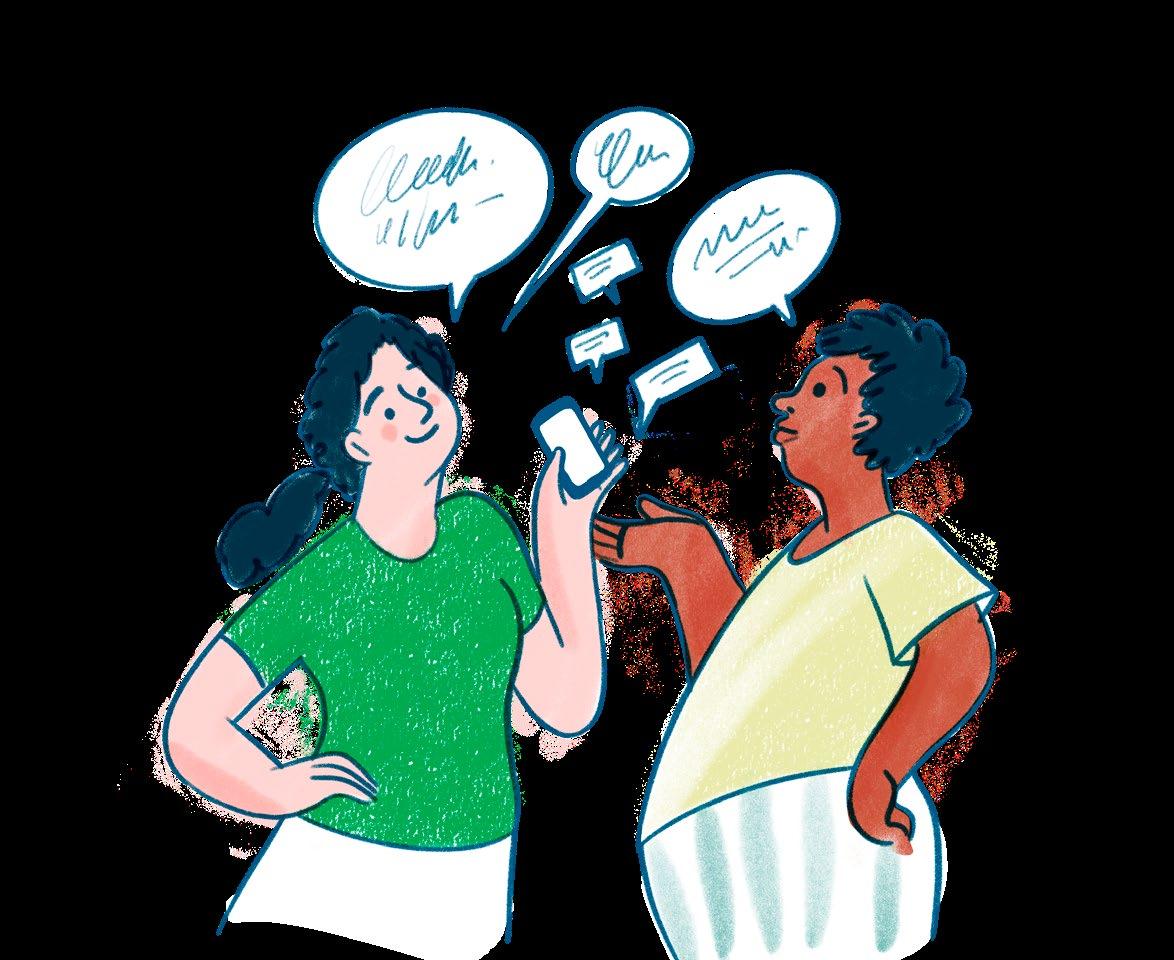
Content
Introduction
The importance of platform accountability in an age of surveillance capitalism



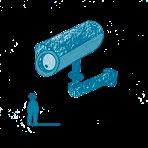
Our mission at the Digital Freedom Fund

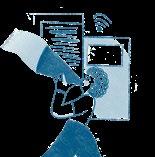


Goals for our evidence gathering initiative
Summary of 2022
What have we done so far?
April Summit
October 5th Workshop
October 25th Workshop
Summarizing our findings
What did we learn?
Next steps
Our plan for 2023
p. 3 p. 7 p. 4 p. 8 p. 6 p. 10 p. 5 p. 9
The importance of platform accountability in an age of surveillance capitalism
When large technology platforms like Facebook and Google rose to prominence in the early 2000s, they were met with a wave of techno-optimism. Many hoped that these platforms could truly fulfil their utopian promises of connection, knowledge, empowerment and a better world. Instead, large technology platforms created an exploitative, profit-driven model of data collection and privacy violation where information gathered from users feeds an engine of data-driven products. In the years since the rise of platforms, academics and investigative journalists have shown that the entire business model of Big Tech depends on stripping away our personal data and, often, violating our human rights to privacy, safety, and recourse to harm. As corporations’ need for data grows, technology companies of many kinds increasingly violate citizen’s digital rights while undermining democracy. Furthermore, technology companies have used their political and economic power to avoid repercussions and accountability for the harms enacted by their technology.
As technology platforms have risen to prominence, a parallel movement of activists, researchers, and litigators has emerged to combat the harms of what has been defined as “surveillance capitalism”.
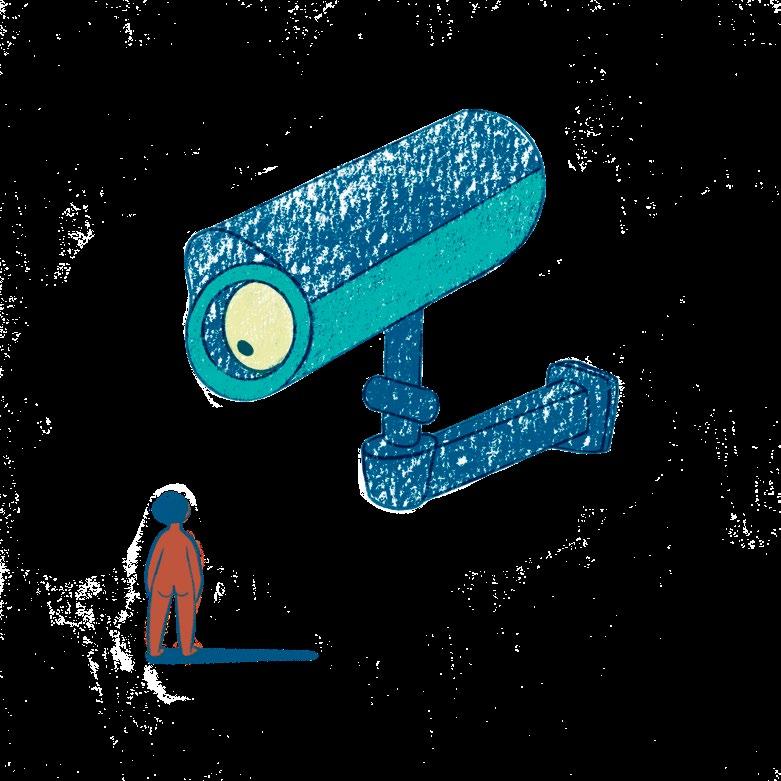
Whistle-blowers like Frances Haugen exposed the ways that social media companies actively support measures that negatively affect their users to generate more ad revenue. Technology workers formed the Google union, among others, to protest the use of their labour in an exploitative business model. Campaigners and policy makers worked to pass legislation combatting these harms, including the GDPR, DSA, DMA, and EU AI Act.
Organisations across geographies are educating citizens about biometric and surveillance technologies, campaign for their removal in policing activities, and using strategic litigation to counteract and seek reparations for some of these harms, among many other activities of resistance.
3 | Evidence Gathering Report Introduction
Our mission at the Digital Freedom Fund
The Digital Freedom Fund (DFF) exists to support the efforts of the digital rights activist community in Europe through strategic litigation to advance digital rights. There are many activists fighting to hold platforms accountable, and we provide these activists with financial support for the legal, advocacy, research and other costs involved in litigation, as well as community support through facilitating skills and knowledge-development, and networking events. Through all our work, we advance and advocate for decolonising principles to enable the digital rights community to exercise their collective rights in digital and networked spaces.
You can see short summaries of many of the cases we support in our case study page, where you can now filter results by target population, issue area, organization name or country of jurisdiction. The efforts these organisations and many others in the digital rights space advance our collective fight for digital rights against large technology platforms. Of course, the huge inequality of arms still exists and further action is needed, which could take the form of additional advocacy, campaigning, and strategic litigation efforts, or a combination thereof. A crucial part of this ongoing effort will be to bring together activists from the many different groups fighting for digital rights – lawyers, policy makers, technologists, campaigners, strategists, and affected communities all have a role to play in this work.
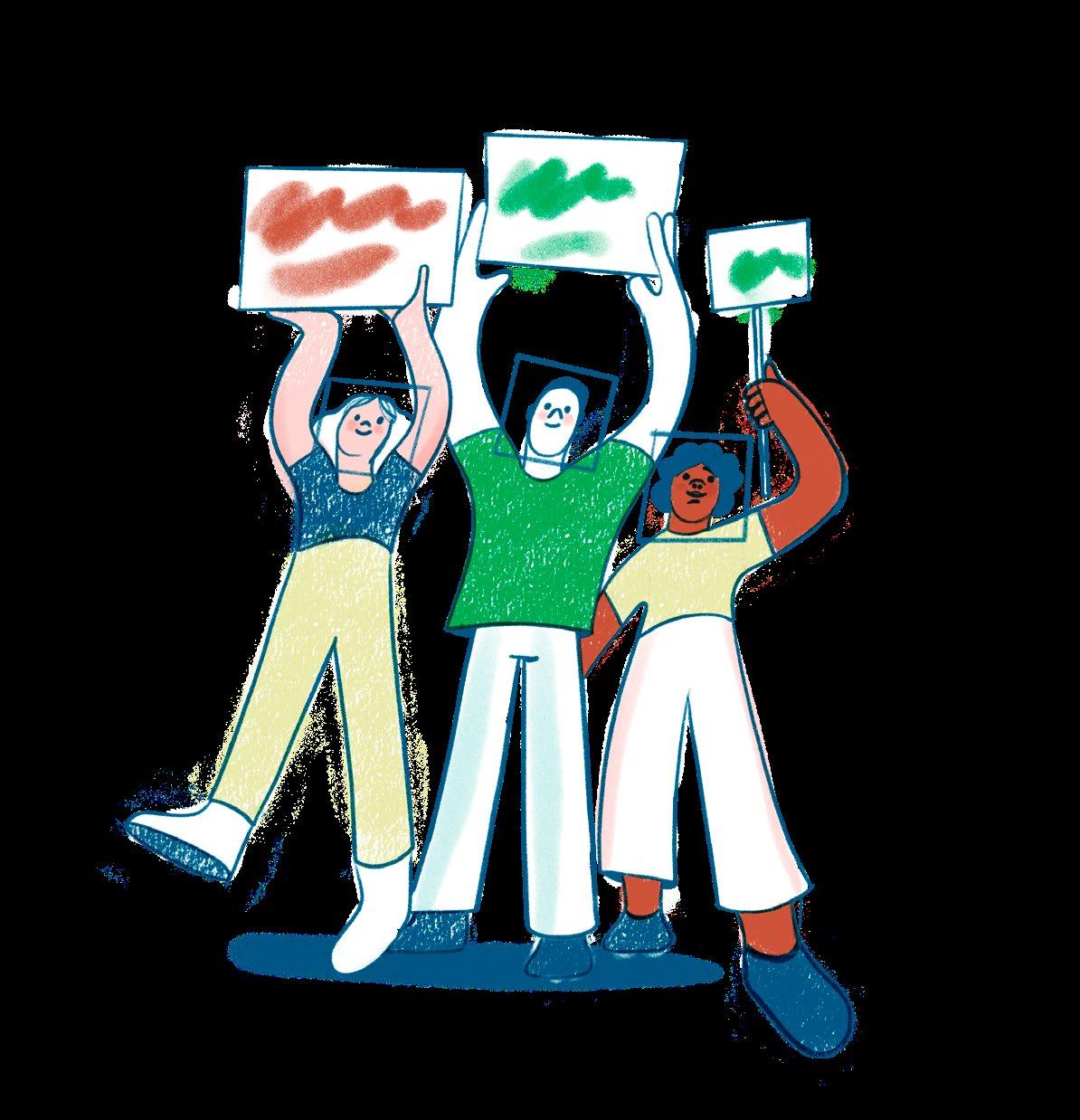
4 | Evidence Gathering Report
Goals for our evidence gathering initiative
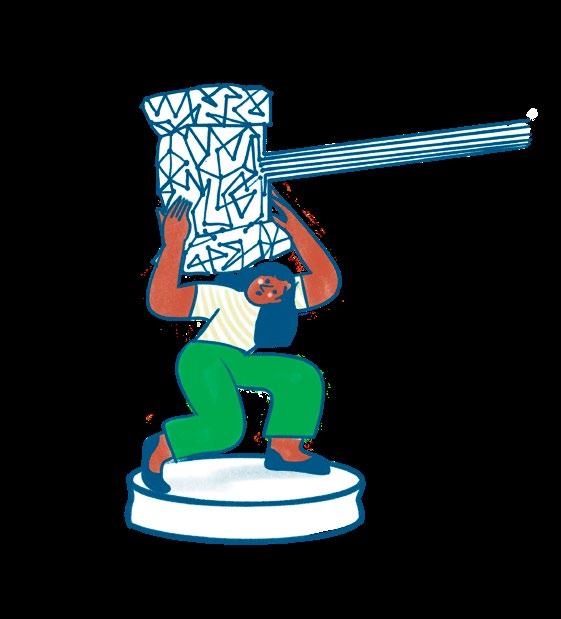
In collaboration with Luminate, Reset, and Aspiration, DFF launched in 2022 an initiative to bring together legal experts and tech-centered activists to work together on platform accountability. While campaigners, litigators, and policy makers have an important role to play in advancing platform accountability work, understanding platforms requires technical evidence gathering. Uncovering the internal workings of these companies and gathering evidence about the harms caused by platforms involves technical research and understanding, and activism. Specifically, evidence gathering work involves data, algorithmic insight, and other tech-centric areas. Therefore, for litigators to effectively hold these technology companies accountable, they must work with technologists to gather evidence about the inner workings of these companies and their algorithms. Litigators pursuing platform accountability work could benefit greatly from partnering more closely with technology researchers, and DFF’s goal in this project is to foster more collaboration between the two groups. Ultimately, we hope to forge closer relations and knowledge sharing between those collecting and gathering information and those litigating or campaigning on such issues. Throughout 2022, we hosted three different events with the goal of designing a research and investigation framework that can facilitate better connections and information sharing between those pursuing litigation and advocacy campaigns and those with deep technical knowledge and research capacity related to platform accountability. It is our
hope that this work can help litigators and campaigners source evidence and answer specific questions in their activist work on fighting against the harm proliferated by large technology platforms.
During these three meetings we also asked participants about their concrete challenges in gathering evidence for platform accountability. We wanted to hear from digital rights activists about their current work, the ways they are currently going about evidence gathering, and what gaps exist that DFF could try to fill with a future project.
5 | Evidence Gathering Report
It is our hope that this work can help litigators and campaigners source evidence and answer specific questions in their activist work on fighting against the harm proliferated by large technology platforms.
Summary of 2022
What have we done so far?
April Summit
In April, we facilitated a summit to identify the vision and goals of litigators and campaigners in platform accountability work and to see how that vision aligns with tech-centred research projects. We wanted to explore opportunities for platform accountability litigation from the existing and ongoing work being carried out in tech-centred research projects to find ways to really help advance platform accountability work.
Takeaways
April 2022 Summit
There is a need within the digital rights community for more involvement with technical research
Gathering technical evidence is a key part of platform accountability work, both for litigators and campaigners
Digital rights activists could benefit from a stronger link between technical researchers and strategic litigation work

The discussion centered around the goals of platform accountability, from stopping data-driven “track and target” practices to removing the use of automated algorithmic promotion of harmful or unlawful content. This summit began the process of envisioning and mapping out a framework for collaborative research and investigation between litigators and technologists. In addition, it laid the groundwork for better understanding the stakeholders who would use such a framework (researchers, lawyers, campaigners, etc.) and what their respective needs and challenges are in platform accountability work.
Building on the outputs of this meeting, we held two additional in-person workshops in October 2022 with our network of digital rights litigators, campaigners, and activists. On DFF’s website, we have a Vimeo video summarizing the takeaways of the workshops in under 3 minutes. The intention of these meetings was to assess litigators and activists’ needs, the current challenges they face, and how a framework of collaboration could fill the gaps that currently exist.
6 | Evidence Gathering Report
1. 2. 3.
October 5th Workshop
In October, we brought together a group of litigators and campaigners to better understand the work currently being done on platform accountability, and what the actual challenges, gaps in knowledge, and pain points are for the members of our network. We wanted to build on the findings from the April summit and produce a more comprehensive assessment of the needs of litigators and campaigners, as well as beginning to develop some ideas on how these needs could be addressed by a research and investigation framework.
In our discussion, participants worked together to identify needs and gaps when it comes to litigation and campaigning on platform accountability. For example, we thought through what information, data or evidence would strengthen current initiatives.
Takeaways
October 5th Workshop
“Platform accountability” covers many types of activist work: Holding platforms accountable can take many forms –advocating for affected communities, educating the public through campaigns, and direct litigation are just a few examples.
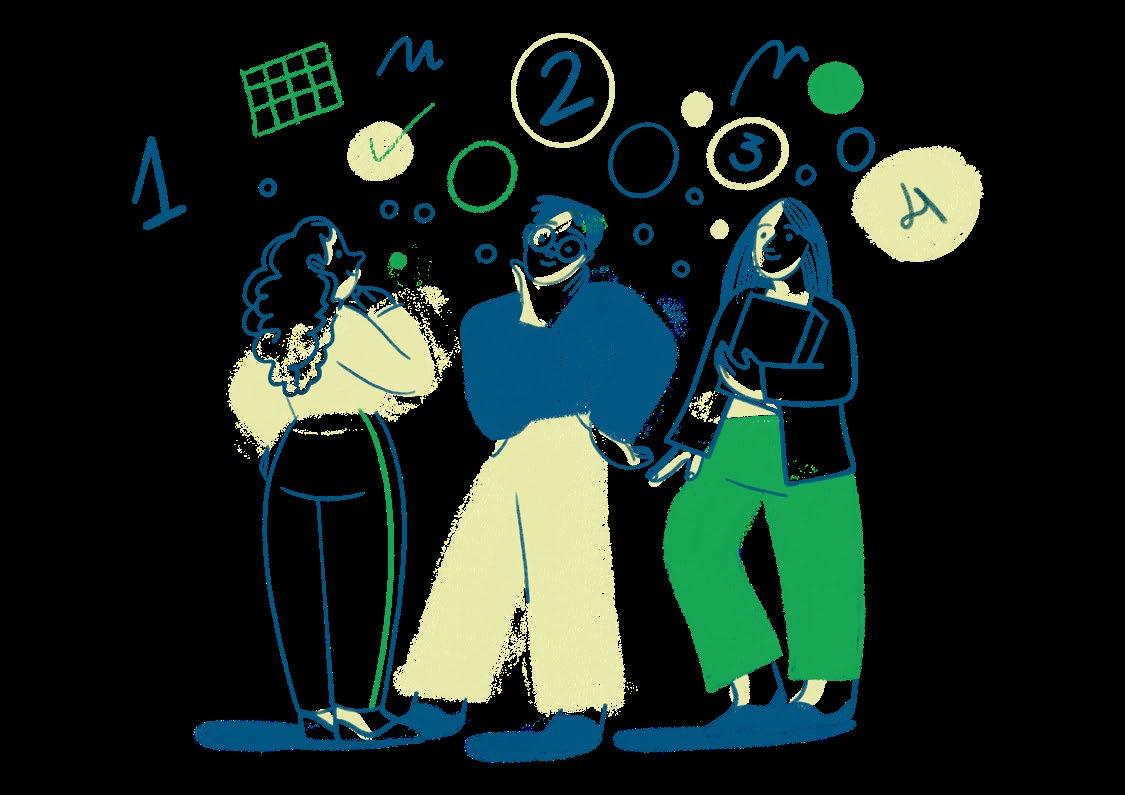
Much current evidence gathering is done case-by-case: Many litigators focus on outcomes instead of processes for evidence gathering. Campaigners need different types of evidence than litigators, so their needs for evidence and process of evidence gathering differ from direct litigation efforts.
Technologists and litigators use different tools: Pieces of information that would be helpful for litigators are often obtained through processes, like Freedom of Information Act (FOIA) requests. Technical expertise would be useful in establishing standards of data handling, and protocol for data donations.
1. 2. 3.
October 25th Workshop
In our final meeting of the year, we brought together tech-centred activists and litigators to try and begin aligning on solutions – ways that litigators, campaigners, and technologists can collaborate and communicate more effectively to pursue platform accountability cases. We gathered over 30 technologists, practitioners, researchers, and litigators to advance our discussion on forming an evidence gathering framework for platform accountability work. During this workshop, our conversation centered around collaboratively discussing the best practices in evidence gathering and platform accountability, defining our toolkits for platform accountability work, and mapping solutions that were grounded in the needs of digital rights activists.
Takeaways
October 25th Workshop
Similarities between technical and legal viewpoints: Bringing together litigators, campaigners, and technologists, we found that all used multiple types of evidence, focused on the context of each type of activism, and wanted more visibility into the existing tools and projects others have launched. Specifically, many practitioners wanted better communication and knowledge of existing projects instead of completely new tools or processes.
Current toolkits combine governance and technical tools: Technical artifacts like software, auditing tools, and fairness toolkits have a role in evidence gathering. In addition, many litigators brought up governance artifacts like standards as important tools for this work.
Communication focused solutions: Brainstorming ideas about what a framework for better cooperation in evidence gathering would look focused on methods of communication – online knowledge sharing platforms, trusted networks of technologists, and funding to maintain existing projects.
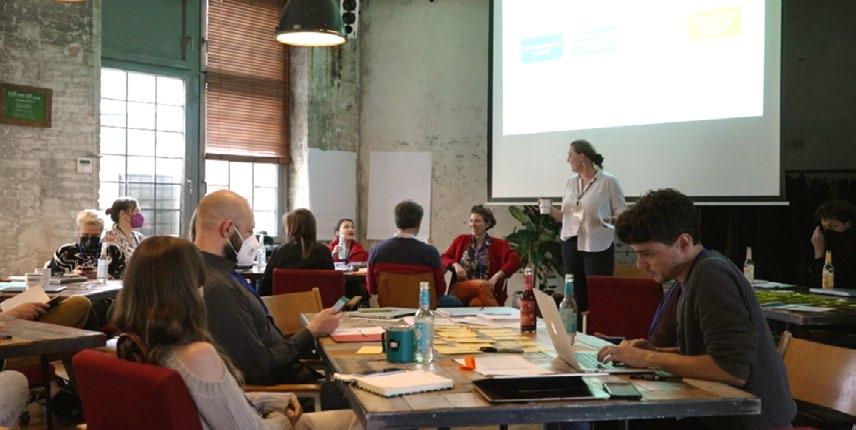
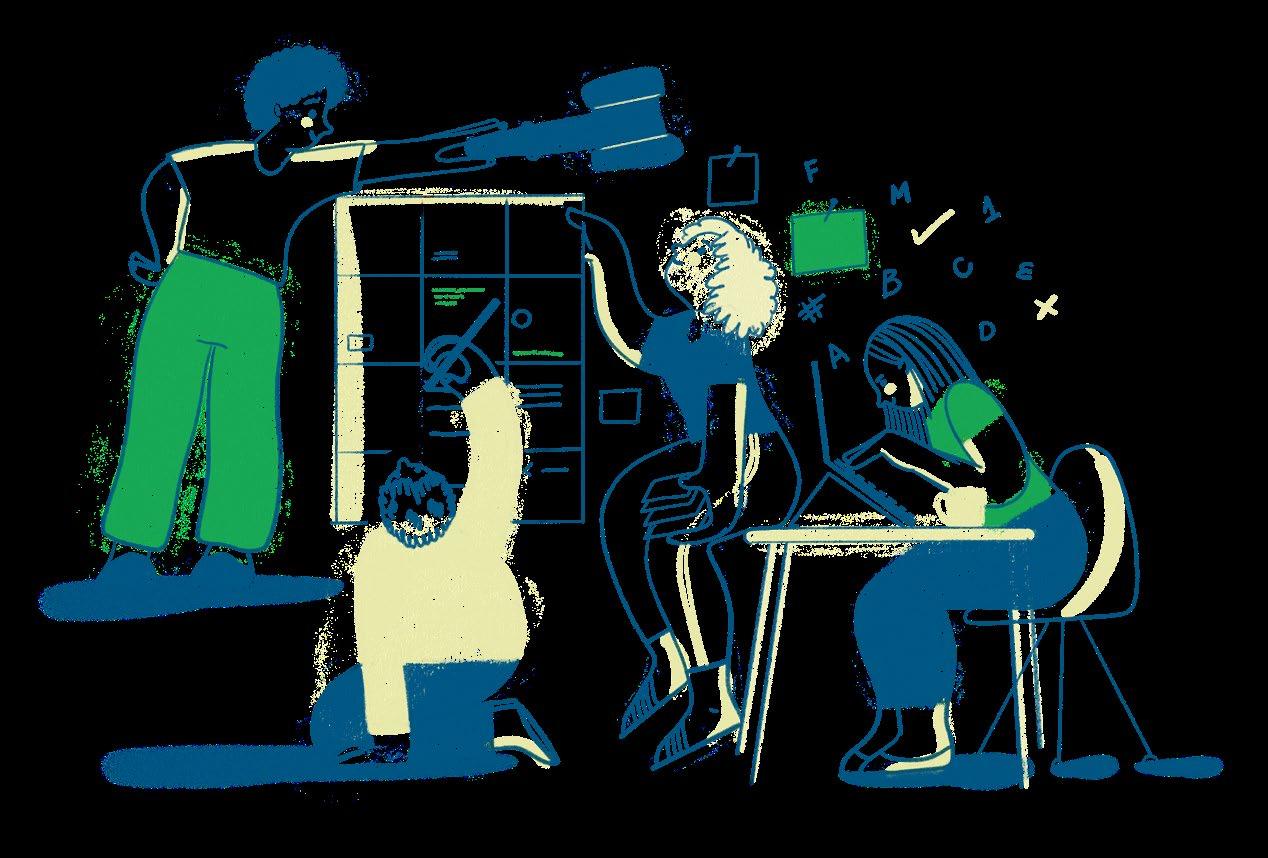 1. 2. 3.
1. 2. 3.
Summarizing our findings
What did we learn?
Thus far, our discussions have been centred around the current state of evidence gathering for platform accountability and the needs of litigators in pursuing this work further. Our main findings were as follows:
Different strategies require different evidence
Fighting for digital rights requires many different stakeholders and activist groups – campaigners, strategic litigators, legal researchers, and more. In our conversations around platform accountability, participants used different types of evidence for different channels of activism. Campaigners wanted to hear stories from affected communities, so that they could use those stories in public education efforts, ongoing campaigns for policy, and campaigns for additional regulation of technology companies. Litigators working with regulatory bodies in the EU found that having knowledge of internal documents or procedures of technology companies proved helpful. One participant was able to use internal documents they had uncovered to tell regulators what companies to look at for violations of data privacy, where to look, and what specifically those regulators needed to ask for. Even within the specific field of litigation, the types of evidence activists need differ between case law and pre-trial research.
Stronger channels of communication rely on a trusted community
Much work has already been done to combat the harms propagated by large tech platforms, and many different organizations are currently working on similar projects. In discussions around solutioning, our workshop participants focused heavily on the ways that existing solutions could be discussed, workshopped, and shared with other members of the digital rights communities. Many groups have documentation, FOIA request information, leaks from platforms, and data donations that could be broadly helpful to other researchers, litigators, and campaigners. However, sharing this information requires better channels of communication and a trusted network. A better framework of communication and collaboration between stakeholders is needed but building such a framework requires a baseline level of trust and security.
Many resources already exist and can be disseminated more efficiently
One of the main goals of our project on evidence gathering is to create solutions that can bridge the gaps between litigators and technologists to help our community hold platforms accountable. However, in our 2022 workshops, we discovered that creating new solutions and frameworks might not necessarily be the only way forward. Many activists in the digital rights space work with data donations, technical stakeholders, and affected individuals to gather evidence for cases. These groups have developed processes to approach evidence gathering that they use internally, and that could be shared with other activist groups. Crucially, some open-source tools and sites for evidence sharing already exist but need continued funding to be maintained. In addition to seeking new solutions, we can also find existing resources and provide them with added funding for maintenance or to disseminate them more widely

9 | Evidence Gathering Report
Next steps
Our plan for 2023
As we enter 2023, we hope to use these first few meetings as a launching point to identify tech-centred research projects that are collecting information, data and other evidence that could be used in strategic platform accountability litigation. Ultimately, we are working towards building a collectively-designed guidelines and protocols for the sharing, collection and storing of information, data and other evidence that can be leveraged for campaigning, advocacy, and litigation on platform accountability.
Our goals for this project in 2023 are to identify new opportunities for litigators and campaigners. Our team will publish a final research report, as well as an outline of effective next steps, and the beginning of some potential new litigation leads and other solutions for advancing platform accountability work in the digital rights space. This distillation will include an analysis and break down of the overlaps and misalignments between the needs and expectations of tech-centred research and litigators & campaigners when it comes to evidence gathering and information sharing on these issues.
In the coming months, we will be continuing our research through collaborative conversations, workshops, and group feedback sessions with technologists, litigators, and campaigners. This will aid the process of planning next steps for the framework and for further collaboration between participants, which will be discussed at a final workshop that brings together all participants that have been engaged in these conversations to date. To culminate this project, we will produce the report, host a final meeting and workshop in May 2023, and offer our initial solutions and prompt future collaborations. As always, for questions please contact the evidence gathering project lead, Alayna Kennedy at alayna@digitalfreedomfund.org.
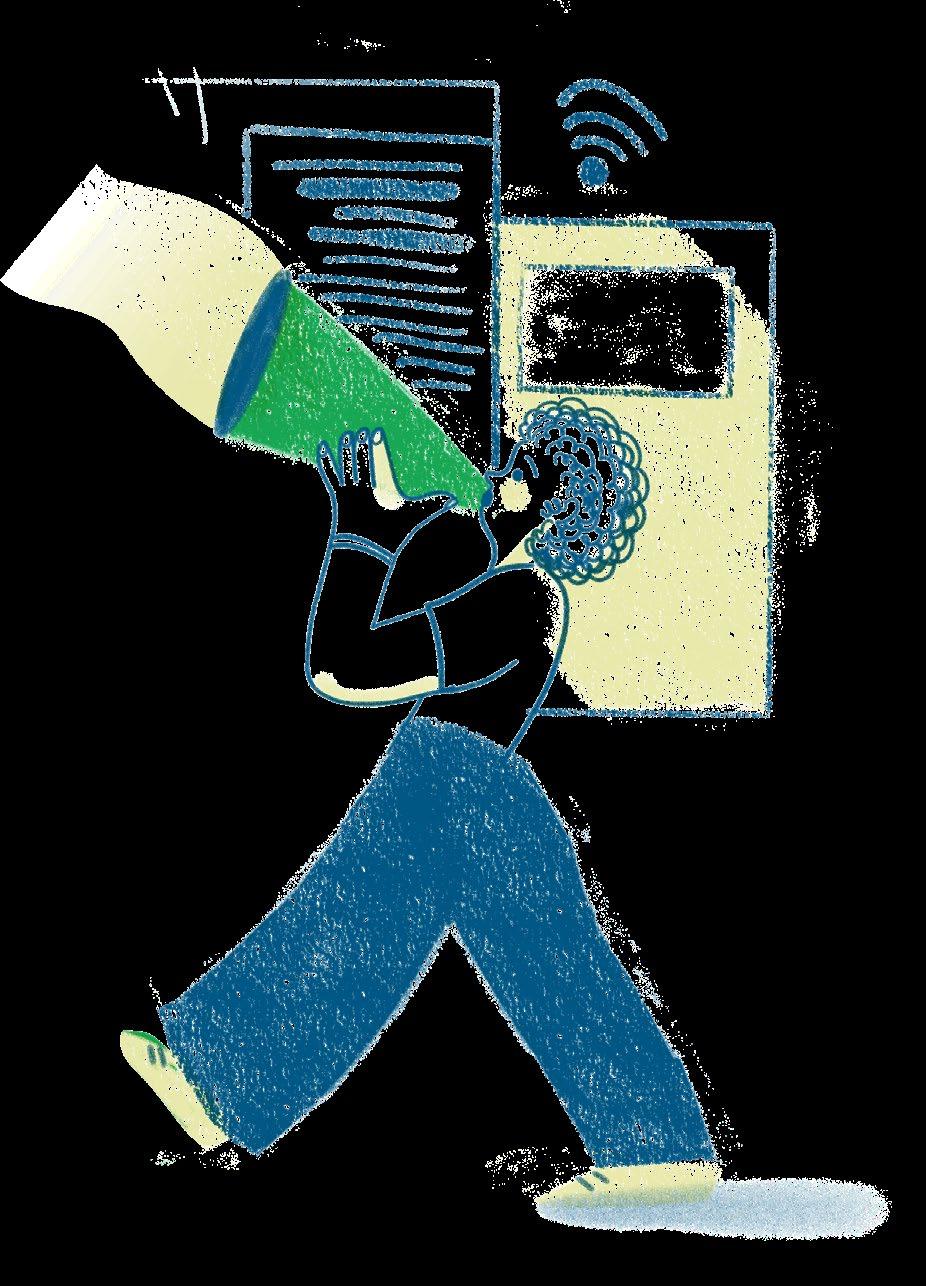
10 | Evidence Gathering Report
About the Digital Freedom Fund
The Digital Freedom Fund supports strategic litigation to advance digital rights in Europe. With a view to enabling people to exercise their human rights in digital and networked spaces, DFF provides financial support for strategic cases, seeks to catalyse collaboration between digital rights activists, and supports capacity building of digital rights litigators. DFF also helps connect litigators with pro bono support for their litigation projects.
This litigation strategy was developed by the Digital Freedom Fund in collaboration with De Argumentenfabriek (The Argumentation Factory), and in conversation with Algorithm Watch, Big Brother Watch, Data Justice Lab (Cardiff University), Center for Human Rights and Global Justice (NYU), Child Poverty Action Group, Digital Rights Ireland, epicenter.works, Foxglove, Human Rights Watch, Irish Council for Civil Liberties, Center for Digital Welfare (IT-University of Copenhagen), medConfidential, Open Society Justice Initiative, Panoptykon Foundation, Privacy International, Södertörn University, the Bureau of Investigative Journalism, and PILPNJCM. DFF and De Argumentenfabriek would like to thank all stakeholders involved for sharing their valuable input and investing their time.
This litigation strategy was made possible thanks to the organisational support from Open Society Foundations, Luminate, Adessium Foundation, Ford Foundation and Fondation Nicolas Puech.
E-mail: info@digitalfreedomfund.org
Postal address
Digital Freedom Fund
P.O. Box 58052
1040 HB Amsterdam
The Netherlands
www.digitalfreedomfund.org
















 1. 2. 3.
1. 2. 3.

